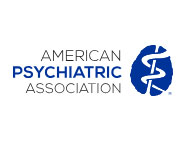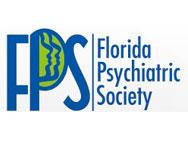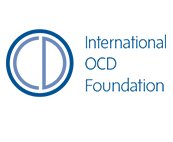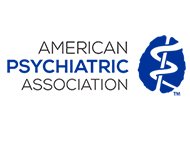Tips to Help You Manage Chronic Stress
 Stress produces a biological response to situations. It can cause a release of hormones like cortisol and adrenaline that can produce a rapid heartbeat and increase in the rate of breathing. Chronic stress can also produce health effects on the body, like irritability, disordered sleeping and fatigue, headache, changes in appetite, digestive problems, and disorganized thinking among other symptoms. These symptoms can lead to larger and more potentially dangerous health conditions if left unmanaged. Chronic stress can lead to obesity, high blood pressure and heart disease, depression, infections, anxiety disorders, insomnia, post traumatic stress disorder, and gastrointestinal distress.
Stress produces a biological response to situations. It can cause a release of hormones like cortisol and adrenaline that can produce a rapid heartbeat and increase in the rate of breathing. Chronic stress can also produce health effects on the body, like irritability, disordered sleeping and fatigue, headache, changes in appetite, digestive problems, and disorganized thinking among other symptoms. These symptoms can lead to larger and more potentially dangerous health conditions if left unmanaged. Chronic stress can lead to obesity, high blood pressure and heart disease, depression, infections, anxiety disorders, insomnia, post traumatic stress disorder, and gastrointestinal distress.
In order to reduce to side effects of chronic stress, managing the stress is a primary concern. Managing stress is different for each person, but we’ve gathered a list of different methods to try:
- Understanding the signs and symptoms: Signs and symptoms of stress can vary from person to person, so you will have to learn your personal signs of stress. It could be headaches, fatigue, changes in appetite, difficulty sleeping, or many other signs. Once you know what your signs are, you will be better able to manage those signs. For example, if you overeat when dealing with chronic stress you can learn how to identify when you are overeating due to stress and how to prevent or limit it.
- Utilizing your support system: Friends, family, and coworkers can all be a great source of support. They can also be there to help motivate you to keep going, whether it’s with weight loss, or career moves, or something different all together.
- Identify triggers: You may not be able to avoid all of the triggers (like family issues), but you can identify them and develop coping strategies and ways to manage your reactions.
- Exercise regularly: Exercise creates endorphins, which are natural mood boosters. Regular exercise can help boost self esteem and can help you work out your frustrations all while being good for your body.
- Practice mindfulness: Practicing mindfulness and meditation can help relieve stress while increasing your awareness of your body and your surroundings.
- Ensure you get adequate sleep: Duration and quality of sleep are of utmost importance to a healthy body and mind. Adults should strive for at least seven hours of sleep each night (children will require more). In addition, having regular times for going to bed and waking up help you set a positive routine that can help reduce stress. Avoiding caffeine, electronics and social media, and intense exercise before bed can induce a more restful sleep and help you wake up ready for a new day.
If the above strategies are not enough to help you manage your chronic stress, you may benefit from professional advice. Dr. Kothari, MD is a Boca Raton based child and adult psychiatrist with years of experience helping patients with anxiety disorders, depression, obesity, OCD, eating disorders, and many other mental health conditions. Dr. Kothari works with other health professionals, such as primary care physicians, therapists, and other medical doctors to help provide a comprehensive approach to help each individual patient succeed.
Dr.Kothari is amazing! She has been my doctor for years...
I have been a patient of Dr. Kothari for over three years. She has invested her heart...
Dr. Kothari has been seeing my sons for seven years. She is a wonderful resource...
Dr. Kothari is very caring. Appointments and waiting times are great...
When we started seeing Dr. Kothari, my son was dealing with a great...
Dr. Kothari has saved my life, this I can say without reservation...


 Patient Forms
Patient Forms Videos
Videos Location
Location



























